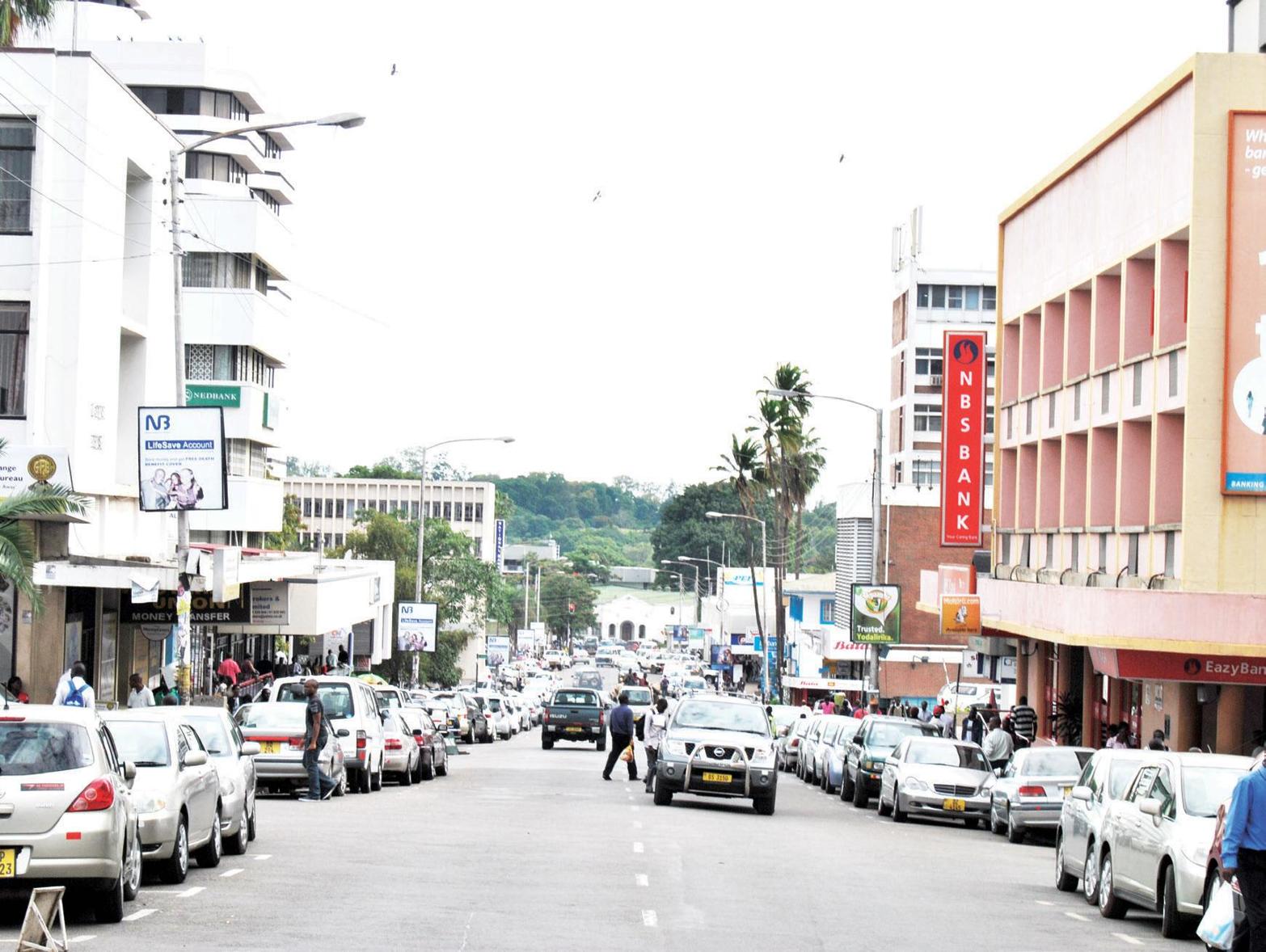Africa-Press – Malawi. The latest Bank Lending and Systemic Risk Survey has revealed an increase in demand for loans and credit lines for households, small and medium enterprises (SMEs) and large enterprises between July and December 2022.
The survey was conducted by the Reserve Bank of Malawi (RBM) from December 2 to 12 2022 to obtain and analyse commercial banks’ perceptions of risk affecting the banking system and developments in the country’s credit market in the period from July to December 2022, as well as their expectations for the six-month period up to June 2023.
According to the survey results, the increase in demand for loans was largely attributed to rising consumption expenditure and demand for additional working capital following an increase in the cost of living and production during the review period.
This, RBM says, was in addition to the demand for additional financing by importers following the adjustment of the exchange rate by 25 percent in May 2022.
The survey results show that banks indicated that they faced challenges with respect to facilitating trade financing for their customers due to shortage of foreign exchange.
“Meanwhile, the pattern of lending to the private sector did not change in the period under review, with most lending going to community, social and personal services; wholesale and retail trade; and agriculture, forestry, fishing and hunting sectors.
“Looking ahead, banks anticipate continued increase in demand for loans and credit lines across all the three economic agents on account of the need to facilitate trading of agriculture commodities during the 2023 agriculture marketing season and support rising consumer expenditure, inventory and working capital gaps, as inflationary pressures are expected to persist,” the survey says.
The survey results further show that in terms of the supply of credit, most banks continued to maintain tight credit standards and conditions for approval of loans and credit lines for both short term and long-term loans, as well as across all the economic agents.
Main factors cited by banks for the unchanged tight credit standards and conditions for the approval of loans stemmed from their perception of a deteriorating macroeconomic environment.
In terms of default, the survey results show that most banks reported an increase in non-performing loans (NPLs) across all the three economic agents.
This was attributed to deterioration of the macroeconomic environment, characterised by the rise in inflation and interest rates; acute foreign exchange shortage; fuel scarcity; and electricity supply disruption which affected the capacity of borrowers to service their loan obligations.
“Looking ahead, most banks anticipated an increase in the NPLs across all economic agents in the forecast period of January to June 2023,” the survey results show.
Economics Association of Malawi Executive Director Frank Chikuta said it is not surprising to see a jump in NPLs considering the rise in cost of living in the country.
According to RBM, the survey questionnaire was administered to all eight commercial banks in the Malawi banking system and all the banks responded to the questionnaire, representing a 100 percent response rate.
For More News And Analysis About Malawi Follow Africa-Press






